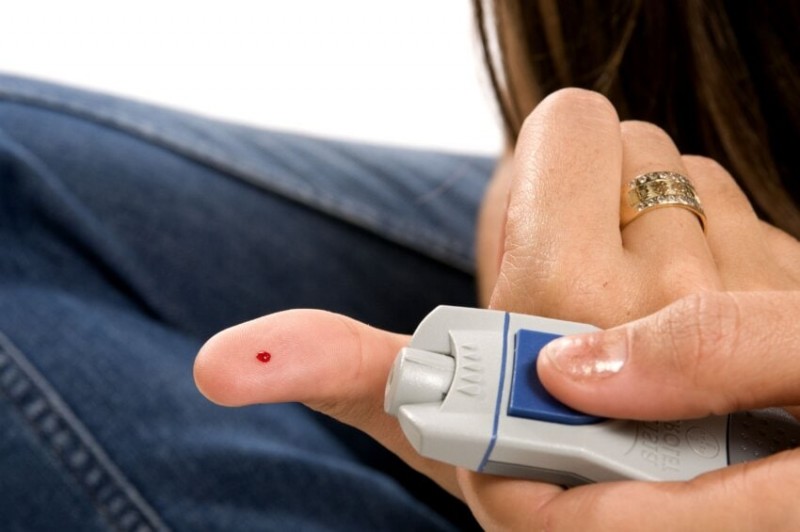
Maintaining a healthy blood pressure (BP) is crucial for overall well-being. Blood pressure measures the force exerted by circulating blood on the walls of blood vessels. This pressure is determined by both the amount of blood the heart pumps and the resistance to blood flow in the arteries. Blood pressure is typically expressed in two numbers, such as 120/80 mm Hg, where the first number (systolic pressure) represents the pressure in the arteries when the heart beats, and the second number (diastolic pressure) indicates the pressure when the heart rests between beats.
Understanding Blood Pressure Readings
Blood pressure readings are given in millimeters of mercury (mm Hg) and consist of two numbers:
Systolic Pressure: This is the higher number and measures the pressure in your arteries when your heart beats.
Diastolic Pressure: This is the lower number and measures the pressure in your arteries when your heart rests between beats.
Age and Blood Pressure
Blood pressure tends to change with age due to various physiological changes in the body. For instance, as people age, their arteries may become stiffer and less elastic, which can lead to increased blood pressure. Monitoring blood pressure regularly is essential, especially as one gets older.
Normal Blood Pressure Ranges
According to the American Heart Association, for individuals aged 20 and above, normal blood pressure is less than 120/80 mm Hg. High blood pressure (hypertension) is classified as:
Elevated BP: Systolic pressure between 120-129 mm Hg and diastolic pressure less than 80 mm Hg.
Hypertension Stage 1: Systolic pressure between 130-139 mm Hg or diastolic pressure between 80-89 mm Hg.
Hypertension Stage 2: Systolic pressure 140 mm Hg or higher or diastolic pressure 90 mm Hg or higher.
Blood Pressure Guidelines by Age
Here are the recommended blood pressure ranges for different age groups:
Ages 18-39:
Men: 119/70 mm Hg
Women: 110/68 mm Hg
Ages 40-59:
Men: 124/77 mm Hg
Women: 122/74 mm Hg
Ages 60 and above:
Men: 133/69 mm Hg
Women: 139/68 mm Hg
These values represent average targets; individual health conditions and lifestyles can influence what is considered normal for each person.
Why Blood Pressure Changes with Age
Several factors contribute to changes in blood pressure as we age:
Arterial Stiffness: Aging causes the arteries to become less flexible, making it harder for blood to flow smoothly and increasing blood pressure.
Plaque Buildup: Over time, cholesterol and other substances can build up in the arteries, narrowing them and increasing resistance to blood flow.
Lifestyle Factors: Diet, physical activity, stress, and other lifestyle factors also play significant roles in blood pressure changes.
Managing Blood Pressure
While age-related changes in blood pressure are natural, maintaining a healthy lifestyle can help keep blood pressure within a normal range:
Regular Exercise: Physical activity strengthens the heart and improves blood flow, helping to lower blood pressure.
Healthy Diet: Eating a balanced diet rich in fruits, vegetables, whole grains, and lean proteins while reducing salt, sugar, and unhealthy fats can positively impact blood pressure.
Avoid Smoking: Smoking damages blood vessels and raises blood pressure. Quitting smoking is beneficial for heart health.
Stress Management: Chronic stress can contribute to high blood pressure. Techniques like meditation, yoga, and deep breathing exercises can help manage stress levels.
Regular Check-ups: Regular monitoring and medical check-ups can help detect and manage high blood pressure early.
Symptoms of Abnormal Blood Pressure
Recognizing the signs of abnormal blood pressure is crucial:
High Blood Pressure (Hypertension): Often called the "silent killer," as it may not cause noticeable symptoms. When symptoms do occur, they can include headaches, shortness of breath, nosebleeds, and chest pain.
Low Blood Pressure (Hypotension): Symptoms can include dizziness, fainting, blurred vision, nausea, fatigue, and lack of concentration.
If you experience any of these symptoms, it is important to consult a healthcare provider for proper diagnosis and treatment.
Blood pressure is a vital indicator of heart health and overall well-being. Understanding how blood pressure changes with age and knowing the normal ranges can help you take proactive steps to maintain a healthy blood pressure. Regular monitoring, a healthy lifestyle, and timely medical consultations are key to managing blood pressure effectively and reducing the risk of heart disease and other related conditions.
What is the Chandipura Virus? Know the Latest Outbreak in Gujarat
India Strengthens Health Diplomacy: Jaishankar Opens First Jan Aushadi Kendra in Mauritius
South Korea's Supreme Court Grants Health Insurance Rights to Same-Sex Couples in Landmark Decision